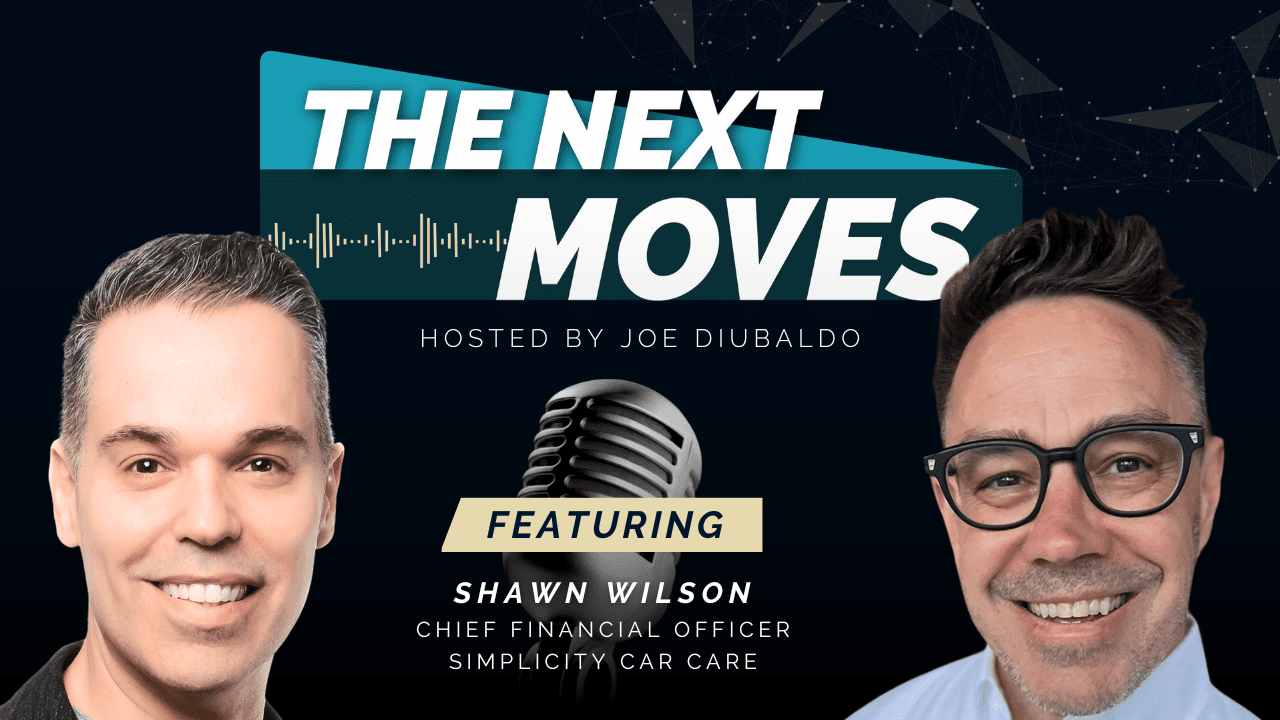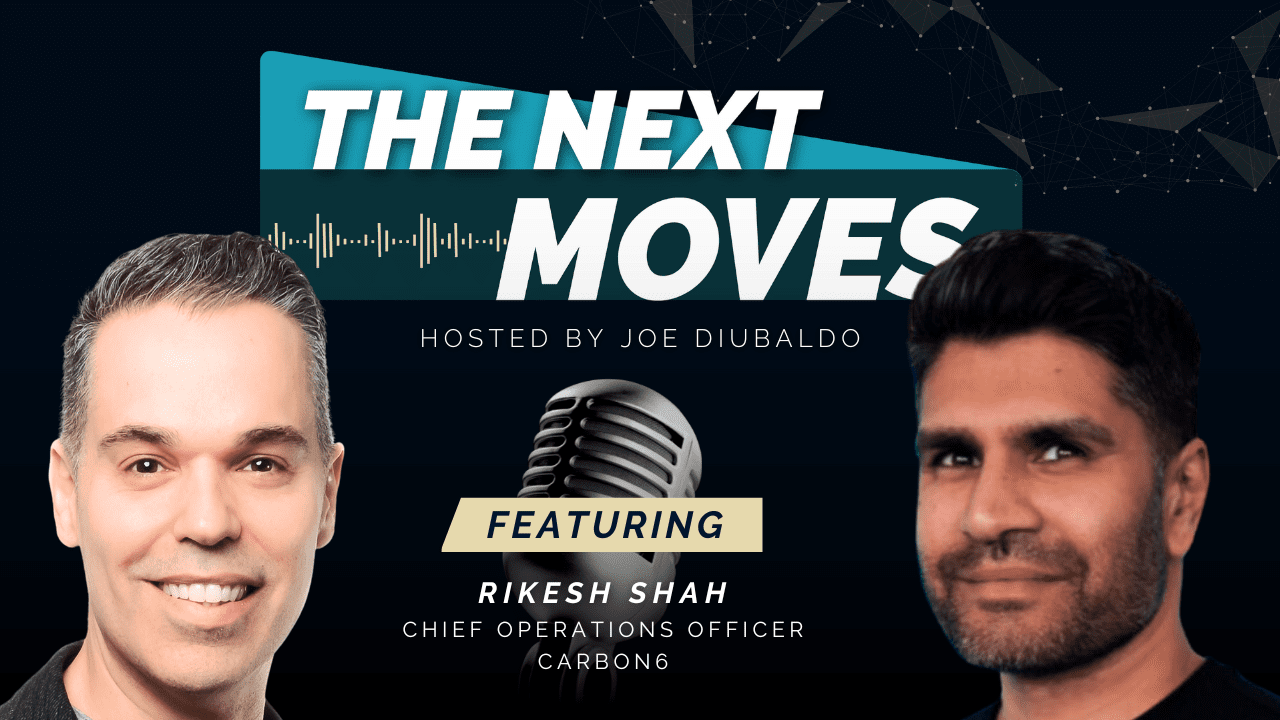 In the second part of our story on Greg Twinney, the CFO and COO of Kobo, Inc. — makers of the popular line of e-book readers — describes his experiences as a finance professional in the fast-paced and ever-growing tech industry.
In the second part of our story on Greg Twinney, the CFO and COO of Kobo, Inc. — makers of the popular line of e-book readers — describes his experiences as a finance professional in the fast-paced and ever-growing tech industry.
So you’d turned down your company’s offer for you to move to Cuba permanently to oversee their export operation. Where did your career take you next?
Well, after I left Canar , I started looking for a new pursuit. To be honest, that was a really strange position for me to be in, just because I’ve been so used to working full tilt all of my life; to this very day, I don’t feel right unless I know I’m giving 110%. So it was weird for me to suddenly have to actually find something to do.
“…I’ve been so used to working full tilt all of my life; to this very day, I don’t feel right unless I know I’m giving 110%.”
What was your next move?
This was around 1999, when the tech industry was still booming. A local tech firm, Cyberplex, had piqued my interest. It was growing fast; at the time, Cyberplex had a market capitalization of $1 billion. I’d already invested in it myself, but I knew that I wanted to be a bigger part of the company.
So one day, I decided to make it happen. I showed up at the Cyberplex office and asked for a meeting with the CFO. In hindsight, it was a pretty bold request. But they told me “no.” Undeterred, I asked if there was anyone from the finance team whom I could speak with.
My persistence paid off, though. I was able to score a meeting with the director of finance. He was visibly annoyed; I guess I would be, too, if I’d been in his shoes. But to his credit, he gave me a whole hour of his time. We talked about their business and my experience, and I made my case for what I saw in Cyberplex, and how I could help it grow. I guess he was impressed, because he ended up introducing me to the CFO. The CFO heard me out, and then asked me, point-blank, if I could really deliver on my promises — if I could do the job. I had to think about it for a moment, just because I knew there was so much I still had to learn. But I was confident that I handle it, and told him “yes.” They didn’t have an opening for me, so they created one: assistant controller.
How long were you with Cyberplex?
I worked there for five years. The company continued to do well, until the dotcom collapse brought the entire industry to its knees. Cyberplex was one of the casualties: we went from having about 450 people on the payroll to just 32 staffers.
By that time, I’d managed to work my way up from assistant controller to controller. I felt that I’d already learned and gotten everything I could out of that position, so I started looking for new opportunities. I put out some feelers through my networks, and was eventually contacted by a recruiter, who was hiring for a small start-up, Opalis, that developed software automation tools.
Opalis was heavily backed by venture capital. So when I joined the company, I had to learn how to raise money and deal with venture capitalists, which was all completely new to me. I was learning all kinds of things about credit and finance, and had a lot of new responsibilities to bear, as the top finance person in the organization. But it was exciting. I mean, there were definitely times when even the basic day-to-day stuff felt like a challenge. You pick up things on the fly, but I also found that on-the-job training wasn’t enough; I had to commit to studying and learning the business in my off-hours, too, parallel to doing my work.
How did you end up with Kobo?
Well, I spent the next four years building Opalis, before Microsoft acquired the company in December 2009. After the deal went through, I decided to go to Maui for a couple of weeks, to recharge my batteries, but it had the opposite effect. I guess that’s just how I’m wired: if I don’t have a million different items to complete on my to-do list or a hundred meetings scheduled in my calendar, I start to panic. In the back of my mind, I couldn’t help wonder about what I was going to do next, or whether I was even going to work again.
Thankfully, it wasn’t long before I was approached by a recruiter for Kobo. My interest was immediately piqued. I looked at the e-book reader market — there were something like 120 different competitors, none of whom had much of an advantage over any of the others. I saw a real potential for growth there; the industry was just crying out for someone to come in and make a big splash.
But what really clinched my decision was meeting the rest of the Kobo team — the CEO, the CTO, the EVP of Content. Right away, I knew that these were people I wanted to work with, and that together, we could build something really special.
So you joined the company as the CFO?
I wanted to have a strategic role in the business, and the CFO position, as they pitched it, would be a key partner in the decision-making process. That was a big deal for me. I had another offer on the table at the time, but it didn’t afford me the same ability to impact decision-making. So between that, and my confidence in the people at Kobo, it was an easy call.
But that’s how I’ve made all of the major decisions throughout my career. The most important consideration for me has always been whether or not I believe in what the company is doing — whether or not I think it can be successful. I don’t think you can really be a part of an organization if you don’t completely believe that it’s sustainable. That’s why in job interviews, I spent very little time asking about the position itself. Most of my questions had to do with the business — where it’s going in the future, how we’re going to compete with others, what the market landscape looks like, and so on. Whenever I’ve decided to join a company, it’s almost always been based more on their business than on the job itself.
“But what really clinched my decision was meeting the rest of the Kobo team…Right away, I knew that these were people I wanted to work with, and that together, we could build something really special.”
You were brought onboard as the CFO, but you currently hold the title of COO as well. How did that happen?
It developed more or less naturally. Frankly, any position in a high-growth company or industry is going to change and evolve. The only thing you can really be certain of is that whatever you’re doing today won’t be quite what you’re doing twelve months from now. That’s why you need to make sure you’re all-in about the company and the business, because your job is probably going to look very different in a year’s time.
When I first came on , the company’s primary need was to raise money and put the financial infrastructure in place to support its growth. My first order of business, as CFO, was to get our financial house in order. But I soon found that taking care of the finance function required dealing with operational issues as well, because the two are so closely linked. It wasn’t long before I was managing other aspects of the business.
For example, shortly after I joined, Kobo made a strategic decision to produce our own hardware, rather than just limit ourselves to providing software for other manufacturers to have installed on their own e-reading devices. We found that the only way to control and guarantee the quality of our customers’ experience was to manufacture the hardware ourselves, so that we could ensure that every aspect of that experience was up to par. We were able to launch the first Kobo e-reader at a price-point of $149, and wiped out more than a hundred of our competitors in one fell swoop.
But a lot of work had to get done in order to make that happen. Someone had to build a supply chain; someone had to organize our retail channels in order to get our devices into the hands of partners and consumers; someone had to oversee hiring so that others could focus on strategy. I put up my hand for as much as I could take on. That’s the thing about being in a fast-growing company and industry: there are no shortages of problems — only shortages of talent.
What’s been the toughest challenge you’ve faced in the first decade of your career?
For a very long time, I felt that there was always someone smarter at the table with me, who knew more than I did or something I didn’t. I had a hard time shaking that insecurity, until I figured out that there’s no real secret for success — besides hard work. How well you do is really determined to a large extent by how committed you are to succeeding. I truly believe that you only get out of life as much as you’re willing to put into it.
“Whenever I’ve decided to join a company, it’s almost always been based more on their business than on the job itself.”
What advice would you give to new graduates who are looking at Accounting and Finance as a career?
Understand that accounting is the backbone of business, and that everything in one way or another rests upon it. Companies exist to make money — the finance function exists to make sure that happens. Once you’ve wrapped your head around that idea, it becomes a tangible goal for you to aim and reach for.
Also, you need to be proactive about directing your career. I initially just fell into accounting, but I chose to be in technology. And I chose to align myself with businesses where I could have a real impact; I turned down opportunities where I didn’t think that would be possible. I wanted to be able to participate in building the value of the company, and to have a close hand in its success. None of that would have been possible if I hadn’t made a conscious effort to shape the direction of my career.
Learn from the best performers in your organization. My own career’s directly benefitted from the help and advice I got from the top people wherever I’ve worked. And be sure to reciprocate, so that others can learn from you, too. That’s why I’ve always made a point of trying to help and support the people around me — I think you get the best from everyone when they’re all learning and feeding off one another.
The last thing I would say is: don’t ever get caught standing still. I hate that feeling — that you’re not doing enough, that you could be doing more. You have to be willing to sweat for success. So, for example, at Kobo that meant spending my day focusing on operations, and then the entire evening doing my “day job” . I’m not going to say it was easy. But that’s what was required. The bar I’ve always set for myself is to surpass the expectations of the people who hired me. And the only way to achieve that is to work for it.
Greg Twinney’s track record speaks for itself. His incisive business mind and sharp instincts have delivered results everywhere he’s went, in every endeavor he’s pursued. But it’s his relentless work ethic that has most separated Greg from the rest of the pack – and that other accounting and finance professionals should seek to emulate. His story teaches us that you can only build success from the ground-up, on a foundation of dedication and hard work.
Let us know what you think! At Clarity Recruitment, we’re always interested in hearing from accounting and finance professionals like yourselves, who are ready for new, exciting opportunities that can take their careers to the next level. And be sure to follow us on Twitter (@clarityrecruits) for more great tips and advice!



